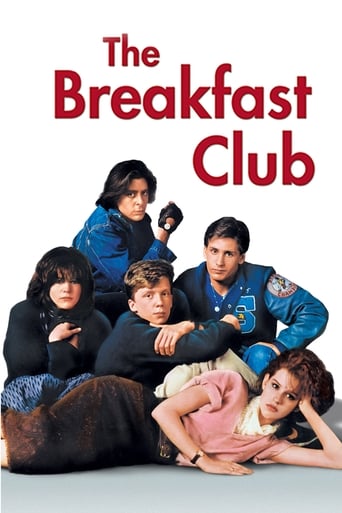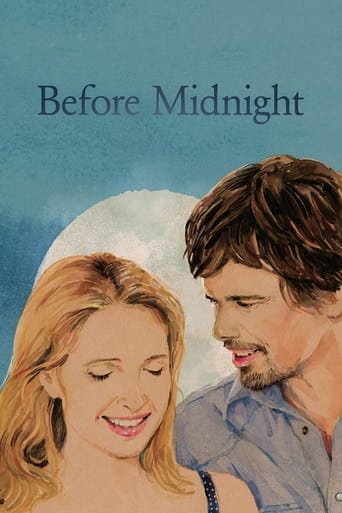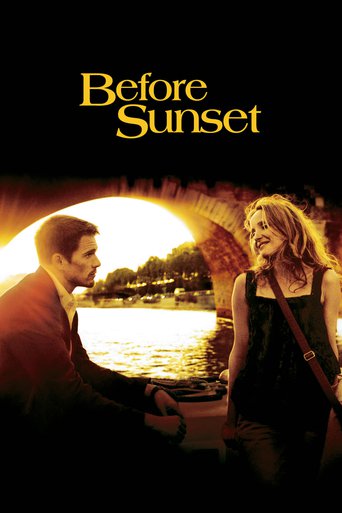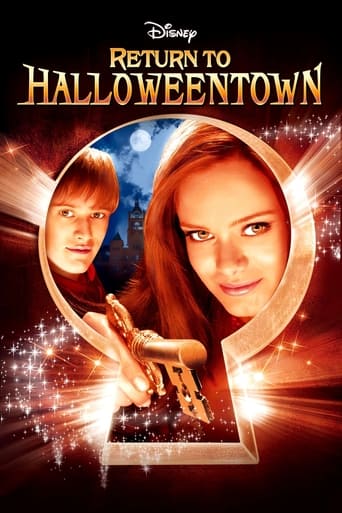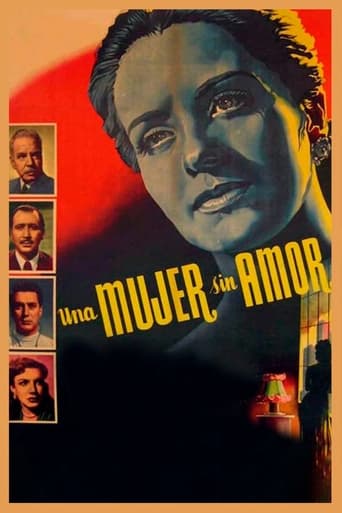


A Woman Without Love
After indulging in an affair with a man (a friend of the family) she truly loves, a woman returns to her young son and husband for good, and loses contact with the man. Her husband is unaware of the affair. Twenty years later, there is news that the friend has died and left all of his money to the younger son in the family, which leads us to question this younger son's biological origin.
-
- Cast:
- Rosario Granados , Tito Junco , Julio Villarreal , Joaquín Cordero , Xavier Loyá , Eva Calvo , Miguel Manzano


Similar titles

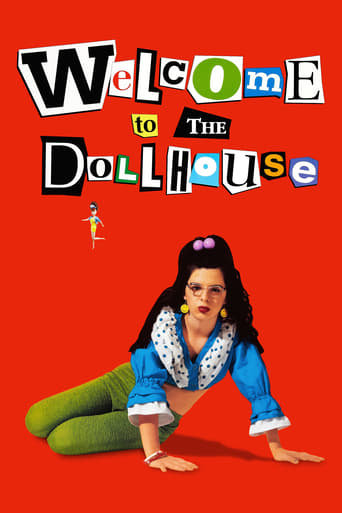
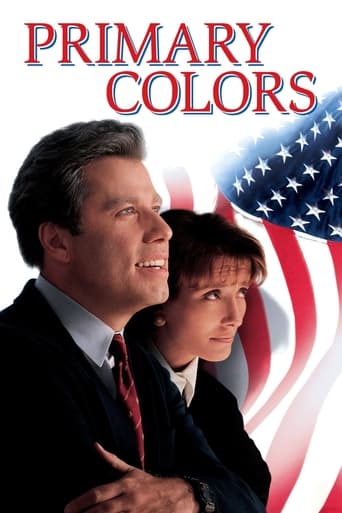
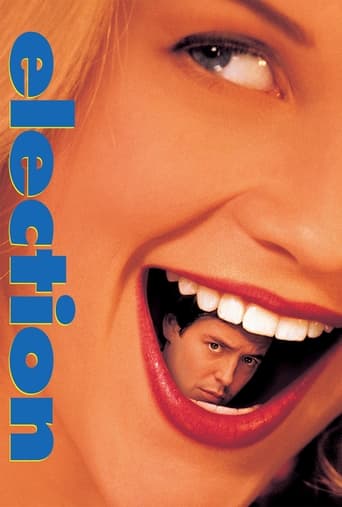
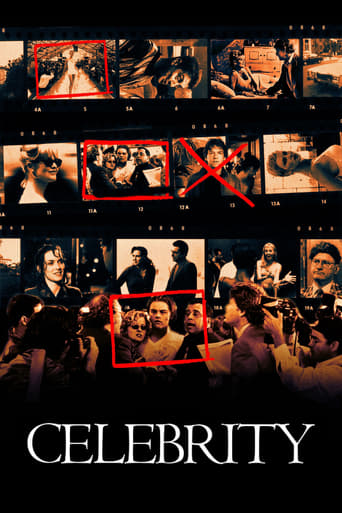
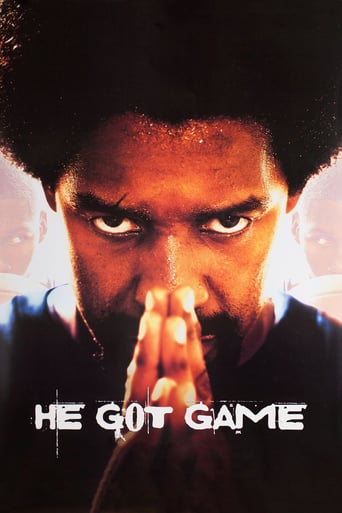
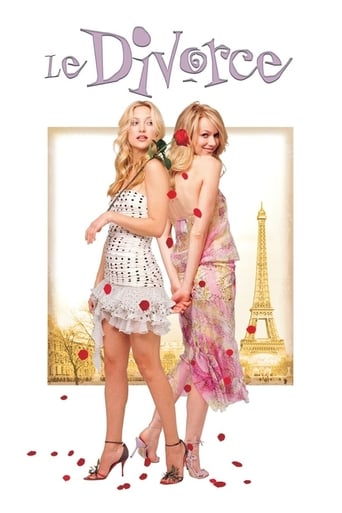


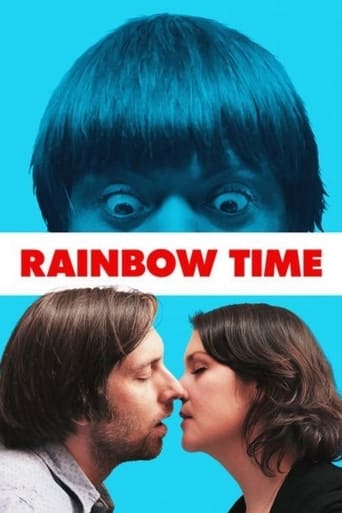
Reviews
Purely Joyful Movie!
Your blood may run cold, but you now find yourself pinioned to the story.
Story: It's very simple but honestly that is fine.
This is a dark and sometimes deeply uncomfortable drama
Like the films by director Luis Bunuel from the early 1950s, this one is much more direct and normal than his later films. The surrealism or anti-church themes of his work of hi and b earliest and later work is not evident here, though the film does still manage to challenge conventional morality and the idea of the happy family—also a theme in some of his later films. In this case, the film is about a marriage without much love and how a brief affair can come back to haunt you many years later. It comes from a short story by Guy de Maupassant.Rosario is a pretty young lady married to an older and somewhat cold man. She came from a poor family and marrying this prosperous antiques dealer offered her security but no passion. When their young son runs away, his parents are naturally hysterical. A nice man (Mr. Mistral) finds the boy and returns him home. But instead of just thanking the man, the happy father welcomes the man as a new friend and part of the family. All is initially good, but this also places the handsome young man and Rosario together—leading to them eventually falling in love. While the film does not say it directly, you learn later that they'd had a sexual encounter, as a child (Miguel) was born months after the relationship ended. No one but the two ex-lovers know that Miguel is their child and the unsuspecting husband just assumes the boy is his child.Twenty years later, a lawyer arrives to announce Mistral, a man they knew two decades ago, has died and inexplicably left his fortune to Miguel—a child he never even met. No one seems to think this odd—until later. Due to the prodding by an evil nurse who works with the two brothers (who are now both doctors), she gets the older brother to question WHY the younger brother has gotten the inheritance. This gets the older brother thinking—and a rift soon develops between the siblings. It's obvious that this is eating at the older brother's soul. This continues for some time and the viewer is left on the edge of their seat anticipating some sort of confrontation. How will the secret come out and what will become of this family?! I have seen quite a few Mexican films over the years (including several from Bunuel from this era) and I must say that "A Woman Without Love" is a standout film for several reasons. The most obvious is the quality of the production. This one looks as good as anything Hollywood was making at the time—and it's a lot nicer looking and more professional than a typical Mexican film. This may sound a bit rude, but it is clearly a much better looking film than was typical of this film industry. Additionally, the acting and direction are terrific—very direct and well-crafted. In fact, I am not sure the film could have been made much better had it been made elsewhere or with a more famous international cast. In addition, the story is very interesting and poses some interesting moral questions—it definitely makes you think and it's hard to watch it impassively.
This wholly typical Mexican melodrama is a modernization of Guy de Maupassant's "Pierre and Jean" which had already been filmed, straightforwardly, by Andre' Cayatte in 1943. Tellingly, Luis Bunuel dismisses it as his worst film in his celebrated memoirs, "My Last Breath"; although I disagree with him myself and nominate his musical comedy GRAN CASINO (1947) for that dubious honor, it is hard to argue that it is the least Bunuelian (and, reportedly, the most Mexican) of all his films! Strangely – for a Bunuel film of this period – it is also technically flawless, with high production values, notable sets and lush cinematography; in fact, I would go on to say that A WOMAN WITHOUT LOVE is never dull and most lesser directors would be proud to call this film their best work! Although we have here yet another improbable happy ending here (relatively speaking), it has none of the underlying parodic intent of SUSANA (1951) and is meant to be taken at face value. What is ironic, on the other hand, is the fate that befalls the titular character: a beautiful young woman, married to a much older man, falls in love with a handsome engineer but, for the love of her son and ailing husband, selflessly sacrifices her own happiness – only to be branded a wanton woman by her contemptuous older son (through whose absence as a kid she had met her lover in the first place) when it becomes clear that his younger brother was the fruit of that illicit affair! Given that the older son's relationship with his stern father was hardly a friendly one anyhow, what irks him is not his younger brother's new-found inheritance (which the latter is more than willing to share) or that he had also stolen his girlfriend/colleague – but the knowledge that his mother had been sexually active with another man during wedlock! Thus, he turns into an embittered misogynist taking out his ire on his sister-in-law, another lustful colleague he used to pursue in happier times and, especially, his brokenhearted mother. Besides, it is significant that while the mother's lover had been an industrious engineer, her elderly husband was a tightfisted antiquarian; even so, it is the former who dies young while the latter (forever on the brink of collapsing from a heart attack) survives him by many years – until dying, of all days, after one final confrontation with the older son (and one drink too many) at the wedding reception of his other son and, it should be noted, before ever finding out about his wife's infidelity! One of the unheralded pleasures of watching these modest movies from Bunuel's Mexican period back-to-back is recognizing the actors from one film to the next; therefore we have here Rosario Granados (as the mother; she was also in 1949's THE GREAT MADCAP), Tito Junco (as the engineer; he would later appear in both DEATH IN THE GARDEN [1956] and THE EXTERMINATING ANGEL [1962]), Julio Villareal (as the husband; he was also in GRAN CASINO), Joaquin Cordero (playing the older son; he was later to star in 1955's THE RIVER AND DEATH) and Javier Loya' (in the role of the younger son; he was not only in the director's earlier DAUGHTER OF DECEIT [1951], but would go on to appear in THE EXTERMINATING ANGEL).Although A WOMAN WITHOUT LOVE has, somewhat surprisingly, been given a R1 DVD release, I opted to acquire the film through alternative channels – a decision I now rather regret since my copy was intermittently plagued with instances of garbled sound! By the way, I do not know if it was intentional or not but, when Jeanne Bunuel (the Spanish film-maker's French widow) issued her own autobiography which, reportedly, was occasionally unflattering to her husband, she chose to give it a similar title to the film under review i.e. "Memoirs Of A Woman Without A Piano"!
Luis Buñuel thought that "Woman Without Love" was the worst movie he ever made and he wrote about it in his autobiography, "I'd been told to set up a screen on the set and just copy André Cayatte's movie (1943 film version of Guy de Maupassant's Pierre et Jean) scene by scene. Not surprisingly, I made it my own way, but it was still a disaster". I don't agree with him. I believe that he never made a bad film - he simply could not. Even if it lacks in his trademark surrealism, it still has his intelligence, his craft, and the ability to make a rather forgettable melodrama interesting and insightful. I am sure many directors would be proud of Woman Without Love. With changing the title of the movie and Maupassant's novella from Pierre et Jean to Woman Without Love, Buñuel, focuses on one of his favorite subjects - couple in love longing for each other and their inability to fulfill their desire due to all types of obstacles, social and religious, is evidently present in the film and elevates it above countless soap-operas. It is beautiful; it moves well, it is based on the writings by a talented writer. I like the acting, and the finale was not disappointing. "A woman without Love" may not be the best Luis Buñuel's film but as his devoted fan, I could not skip it and I am glad that I saw it.
A Woman Without Love tells the story of a woman who follows the role of women that was expected in relationships under the dictatorship of Franco. Rosario is not respected by her husband, she is not happy, and she accepts mistreatment, although all of this for the sake of her son, Carlito, not her husband. It is fitting that she meets another man when her son runs away after being treated badly by his father and locked hungry in his room, because her son is the embodiment of all of the love in the relationship, and when he runs away he takes the value of the relationship with him. It is easy to judge Rosario for falling in love with another man and being unfaithful to her husband with him, regardless of how unhappy the marriage was, but once her son ran away, the relationship had no value anymore, and then his return brought everything back, along with this other man who treated Carlito so much better than her husband ever did. Don Carlos, Rosarios's husband (who is also several years her senior), takes for granted the expected roles that women are meant to have in his marriage to Rosario. He believes that there is a very specific role that women are meant to serve, and this is very clear in the way that he treats her. When Julio returns their son after having found him wandering the woods alone and befriending him, Carlos thanks Julio deeply and is immediately rude to his wife, as though she does not belong in their conversation, this is man stuff that she wouldn't understand.(spoilers) There is some tragic irony as the husband has a heart attack the day that Rosario and Julio plan to run away and take Carlito with them (although what exactly is tragic about this irony is up to individual interpretation), so they are forced to stay out of a purely humane disability to abandon him in such a state. Ultimately Rosario decides that she simply can't abandon her husband for Julio, since she now sees how much he and her son need each other, so she decides to stay with him and let Julio leave her life, thus beginning the second half of the film.Many years go by and we see the family, still together, and now with another son. Both sons have grown to become doctors and are fabulously intelligent, and one day the family receives news that Julio, the old family friend who returned Carlito when he ran away, has died in Brazil. After a moment of chin-massaging memory searching, they remember that this was the man that returned Carlito, but from the faint and staggering way that Rosario receives the news, we know that her love for him has not diminished. At this point, we are not really aware that he was anything more than a quick fling that she participated in only long enough to realize that it was wrong and to go back to her marriage. But as the movie goes on it becomes clear that there is a much stronger connection.The best part of the portion of the movie that slowly reveals the younger son to be the son of Julio and not of Carlos is the way that Carlito slowly gathers evidence that this is the case and occasionally drops clues here and there in conversations that he thinks that this is what's going on. We know from the first hint that the younger son is Julio's, so it has to be brought about in an interesting way. We pretty much know about halfway through the film that Rosario's affair with Julio has resulted in a child that she has passed off as Carlos' for a couple of decades, and even after all that time, the truth comes out.It is significant that Carlos dies before ever being informed that his younger son was the product of an affair that his wife had years and years before, because he is not the one that she has been hiding it from. There was no love or passion in the relationship when she had the affair with Julio, and there is still none years later when they receive notice that he has passed away and left a massive amount of money to his true son.Rosario is hiding her youngest son's real identity from her two sons, not her husband, because they are the ones that are important to her. When the truth begins to surface, they are the ones that she is concerned about. There are lots of references to who is who's father, and when it is finally revealed and she admits it to her sons, she delivers to them in a single line of dialogue the message that the entire movie is presenting -`To me [Julio] was my real husband, and that society in front of which I have covered you with shame was the one that sacrificed my life and my love.'Pretty good point, but it sounds pretty well rehearsed, too, and I don't think that that is only because this is an actress and it probably WAS well rehearsed. I think that this is a line that Bunuel WANTED to sound well-rehearsed, something that Rosario has been going over and over in her mind over years and years, perhaps should the occasion ever arise that the truth is revealed and she is forced to explain herself. It is conveniently overlooked that she has been dishonest for so many years, but it is also important that she finally comes out and admits what she has done and tells her sons that they are free to judge her in any way they wish. Both of them end up apologizing to her (as well as to each other, getting over the massive rift between them that was caused by the money that Julio left only to the younger son) and promising to care for her, showing that honesty, even when it's this late, can still potentially save everything. I happen to have had an experience myself recently in which honesty saved everything. It COULD have saved everything, anyway. There are complex issues that go on throughout the relationship that involve more than just the dishonesty that results from the affair, and these are tied to the role that women are expected to play in relationships and life in general. She wanted out of an unhappy marriage but decided herself that she should stay for the good of her son. She significantly sacrificed her own desires and her own happiness for that of someone else (a male, it should be noted), and was not fully happy again until she admitted what she did, and even then it was at the mercy of two men that she was made happy. Hers is a life that is overshadowed entirely by men, which reflects the role that she is expected to play by her society. She represents an entire generation of women without love.







